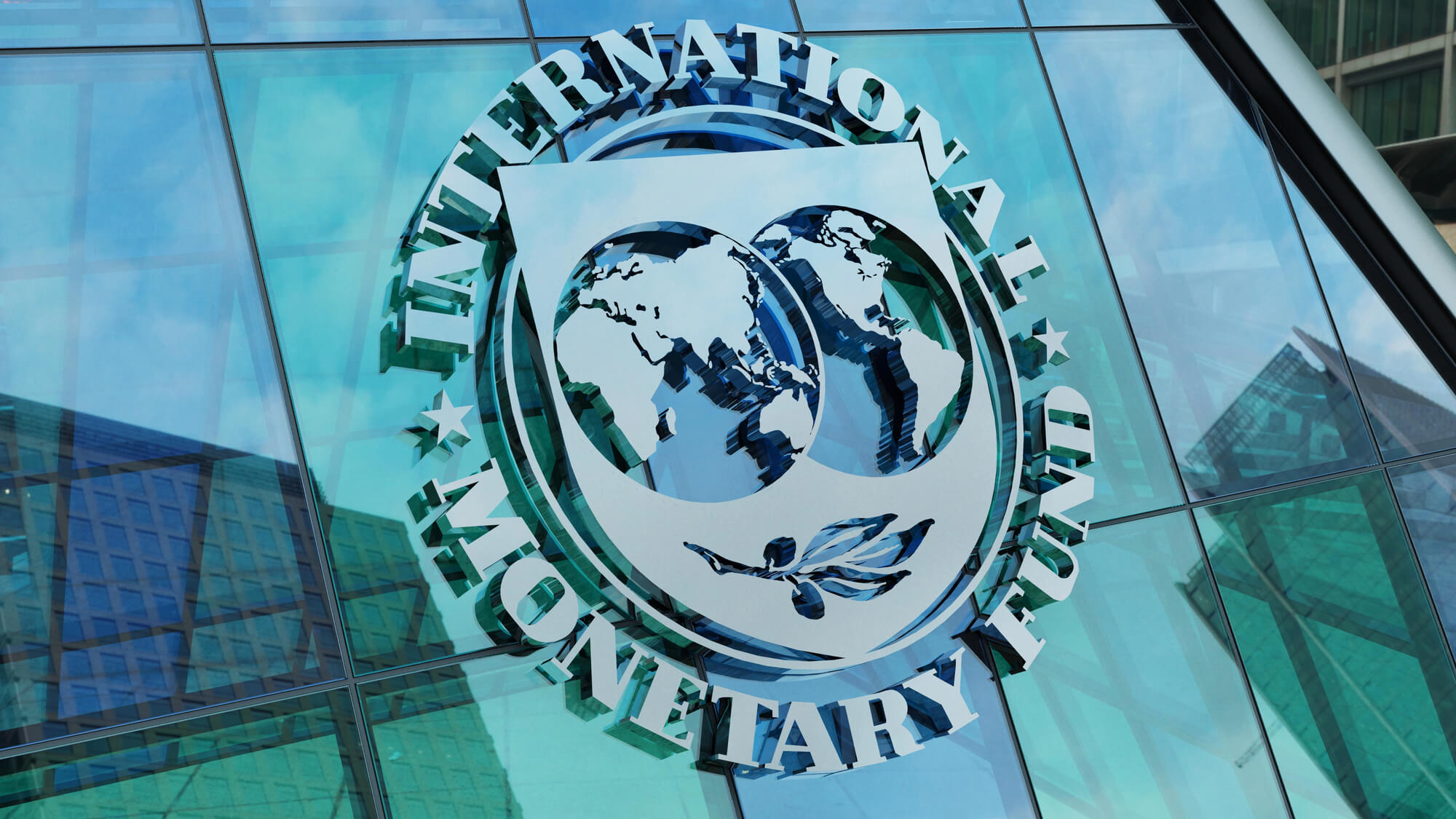The International Monetary Fund (IMF) made two important decisions recently. First, the IMF issued a new policy that allows the IMF, in certain circumstances, to provide financing to a country even when it has outstanding arrears to official bilateral creditors. Second, the IMF ruled that Ukrainian bonds purchased by the Russian government to help the Yanukovych government is bilateral intergovernmental debt. What do these decisions mean for Ukraine?
The first decision clearly gives a huge benefit for Ukraine. Before the decision, the Ukrainian government was effectively on the Russian hook. If Ukraine does not pay on the Yanukovych debt, Ukraine can be declared in arrears and thus all funding from the IMF has to be cut. Given the dire state of public finances and lack of access to international capital markets, this scenario could have been a serious, if not fatal, blow to Ukraine. Not surprisingly, the Russian government refused to agree on any restructuring of the loan. However, the IMF changed its policy and now the Russian position is significantly weakened. Ukraine is only required to negotiate restructuring in good faith. Because “good faith” is a rather oblique term, the Russian government may not see much money from Ukraine for a long time: Ukraine is likely to engage in long negotiations, make various offers, involve courts, etc. It may take many years before there is any kind of resolution and meanwhile Ukraine has funding from the IMF which unlocks more funding from other sources.
In light of the first decision, the second decision is less important—there is no fundamental change in the bargaining powers of the Ukrainian and Russian governments—but it means that Ukraine cannot include the Russian loan in the perimeter of recently restructured debt held by private bondholders. Ukraine may disagree with this decision but if it wants to have funding from the IMF, Ukraine has to respect this decision. In current circumstances, Ukraine does not have much choice and thus it will have to do what the IMF ruled and open talks with the Russian government. The second decision, however, can open a Pandora’s box.
Formally, the Russian government did not loan the Ukrainian government directly. It was Russia’s National Welfare Fund (NWF) that loaned money to Ukraine. Furthermore, it was done via a bond issuance in Ireland. In other words, Ukraine issued debt securities that in principle could have been bought by anybody but it “happened” that the whole issue was bought by the NWF. Here’s the official story from the IMF:
“… Russia’s Finance Minister, Mr. Siluanov, explained that assistance was being provided via the NWF because the funds had not been appropriated in the federal budget, ruling out a direct intergovernmental credit. Since the NWF’s investment guidelines did not permit investment in Ukrainian bonds (due to the credit rating requirements), a specific government decision was needed to amend them. This implies that the NWF, in acquiring the Eurobond, was acting on behalf of the government. Subsequently the Russian authorities confirmed to Euroclear, at the request of the Ukrainian authorities, that the Eurobond has at all times been 100 percent owned by the Russian Government.”
This reasoning is problematic. Imagine that the Russian government did not hold Ukraine debt “at all times” and sold the bonds to a private investor (e.g. a hedge fund like Franklin Templeton). According to the ruling of the IMF this could have changed the legal status of the debt. But this is a violation of the principle that the rights of bondholders do not depend on the identity of bondholders. Governments, households or firms cannot say they are going to pay good guys and default on bad guys. Borrowers have to treat bondholders equally.
Now consider a transaction where the NWF on behalf the Russian government buys bonds (a whole issue) that were issued by the Ukrainian government and that were previously held by private investors (e.g., Franklin Templeton). Does this mean the bond now is a part of bilateral intergovernmental debt?
If not, then there is a clear inconsistency in the ruling: buying and selling bonds at any time should be treated uniformly. If somebody buys a bond after issuance, it does not make this bondholder lesser or different in his rights.
If yes, then should the U.S. debt held by the Chinese/Saudi/Russian governments or their sovereign funds be treated as bilateral? Absolutely, not! And yet, this is what is implied by the IMF ruling. “A specific government decision was needed” condition is a fig leaf: a bureaucrat or a party in a foreign capital can make a magic transformation of private debt into bilateral without even consulting the government that issued the debt.
In summary, the first decision was long overdue. No lender should hold up other lenders. The IMF made a similar decision about private debt holders a long time ago—in 1989!—and only now applied the same principle to governments. The second decision appears much more controversial. It lacks logical consistency and creates a precedent that may backfire in the future not only for developing countries but also for economic heavyweights. Fortunately, it does not change anything materially for Ukraine in the near future. Indeed, the Ukrainian government went ahead with a predictable move: it announced moratorium on debt payments to Russia and, acting in good faith, invited the Russian government to resolve the issue in court. Viktor Yanukovych may be a star witness!



